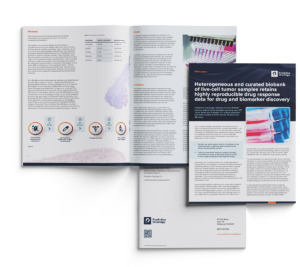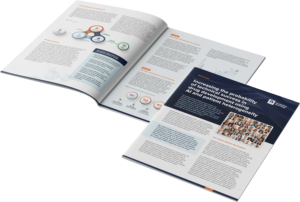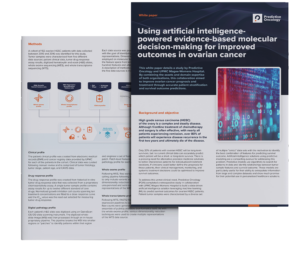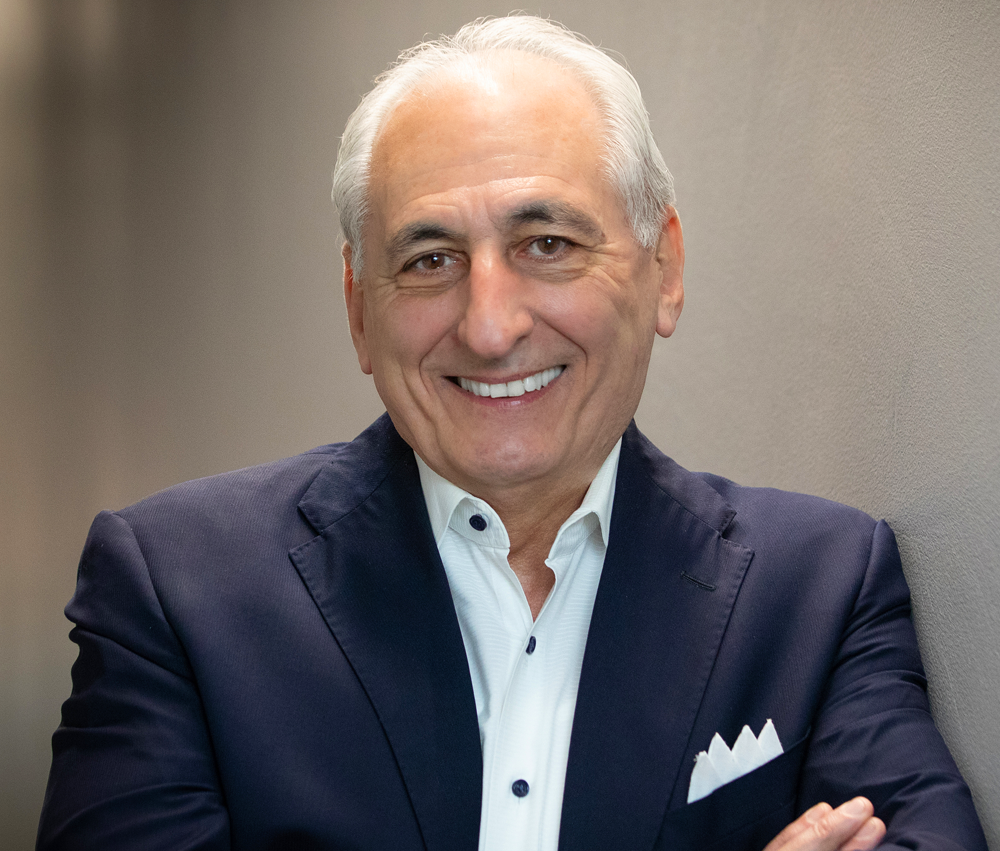AI + biobank
Introduce the human
element, sooner
The high failure rate in oncology drug development trials hints at a lack of drug-response data in a heterogeneous tumor population. This can impact even the most confident drug-discovery design. But what if you could introduce this valuable data well before clinical trials? With our proprietary AI/ML platform you can. Our AI-driven platform is powered by a biobank of tumor samples to move molecules forward with a higher probability of success.
Improve the agility of drug discovery
Identifying which molecules will work on which cancer types can be like finding a needle in a haystack. Our integrated AI/ML platform leverages incomplete data and efficiently picks the best new data needed to make drug response predictions. Our proprietary AI-driven platform, powered by our biobank, allows for optimized, high-confidence drug-response predictions within a large experimental space.
Increase the probability of success
Our proprietary AI solution optimizes the drug development process by efficiently introducing tumor heterogeneity at pre-clinical stages. We base our AI models on something never before seen in this industry: tumor features derived from a biobank of over 150K+ tumor samples. With this platform, the drug response predictions enable a more informed selection of drug/tumor combinations to increase the probability of success during development.
Repurpose drugs and improve portfolio diversity
With this proprietary AI/ML platform, shelved and failed drug compounds can be repurposed through new evaluation in additional tumor types.
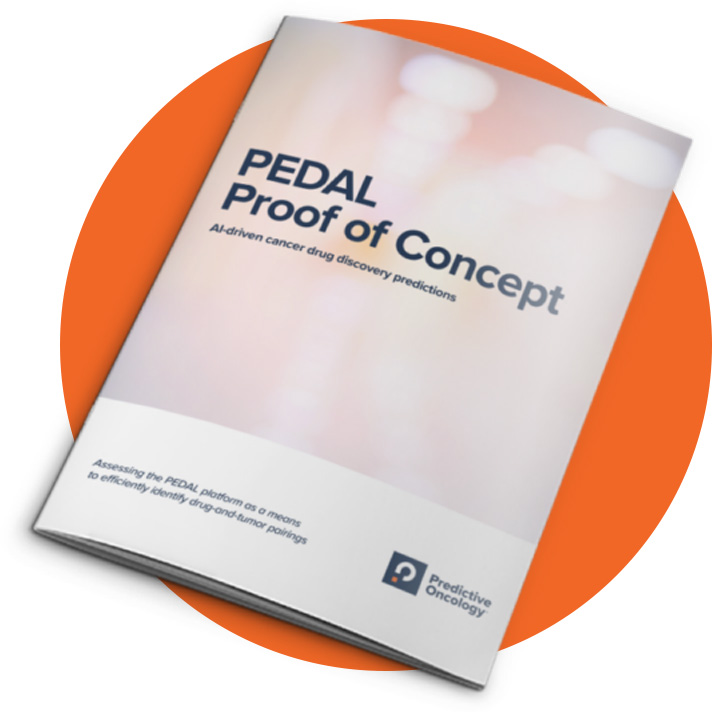
Predict tumor-drug pairing with 92% accuracy.
Predictive Oncology uses a ground-breaking approach with disruptive technology to improve the oncology drug discovery process and make future predictions in drug response with confidence. Our Proof of Concept study found that we can predict if a cancer tumor sample will respond to a certain drug compound with 92% accuracy through our integrated AI/ML platform that combines 150,000 clinical cases, including cryopreserved tumor samples, drug response and genomic database, with active machine learning to efficiently drive in vitro experimentation.
Learn how we assessed 175 existing, FDA-approved oncology drugs against 130 ovarian tumor samples with our Proof of Concept Study.
Artificial intelligence meets human diversity
While other AI companies purport to help speed and optimize the drug discovery process, our proprietary solution offers something never before seen in this industry: tumor features derived from a biobank of over 150,000 tumor samples from 137 cancer types.

More about the AI engine that powers our platform.
Learn about our advanced AI machine-learning platform CORE™ (Computational Research Engine), developed by top researchers at Carnegie Mellon University and licensed exclusively to POAI. CORE takes an active machine learning approach that constructs models of all possible combinations of patient-specific drug response and uses these models to efficiently drive rounds of wet-lab drug-response testing in an iterative manner.
Start a pilot program today
Complete the form and our scientific experts will be in touch to discuss customized solutions for your needs.
News & resources
White paper validates highly reproducible drug response data. Results enable AI platform to model and predict patient outcomes on historical samples Leveraging more than 20...
A recent white paper released by Predictive Oncology’s highlights the challenge of late-stage clinical trial failures and the company’s ability to better navigate those obstacles...
Company expands AI/ML driven capabilities to pursue novel biomarker discovery to predict patient outcomes and drug response in oncology. Read our white paper below that...
